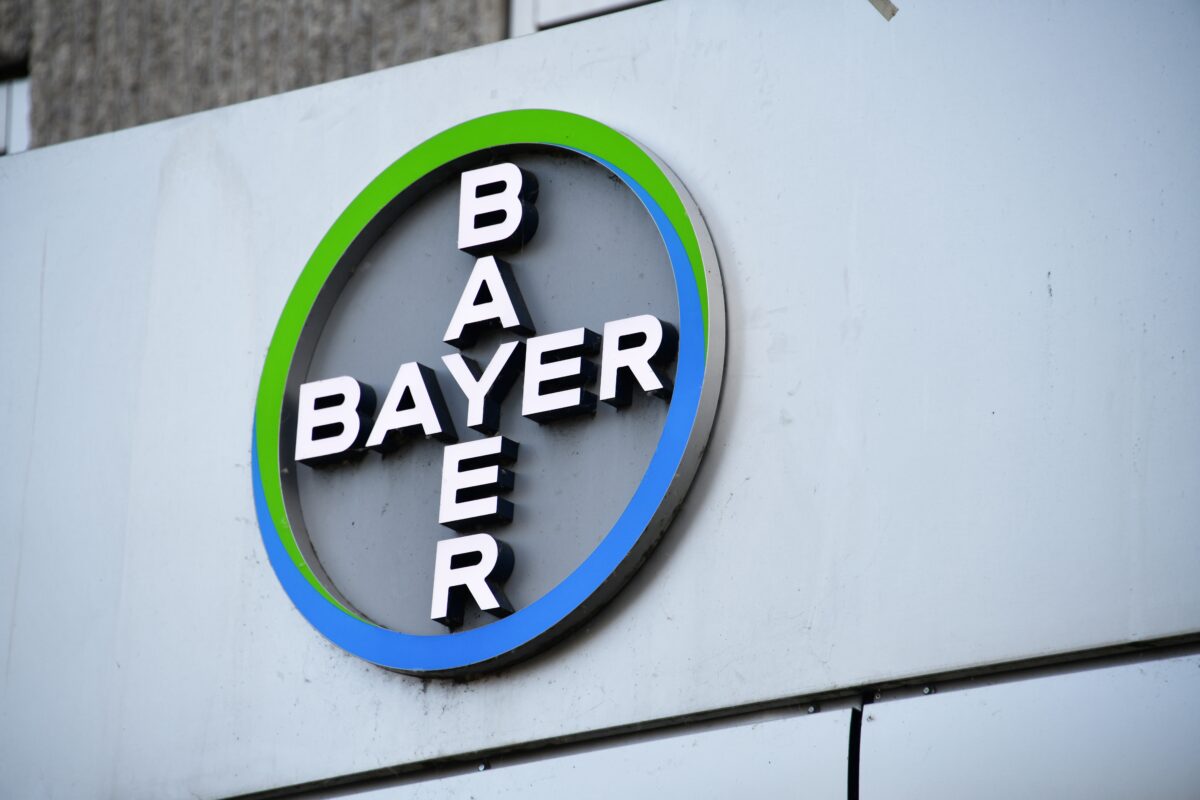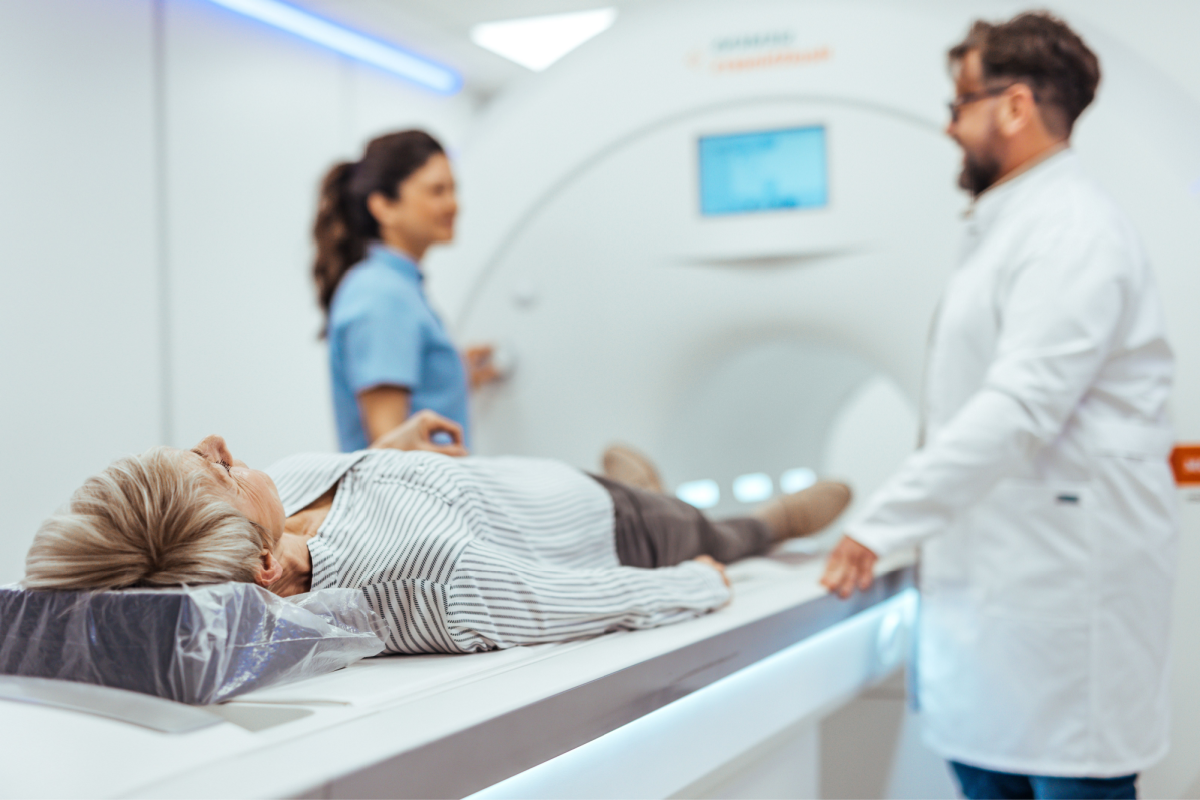Allergan and their development partner Gedeon Richter Plc. have released positive results from a Phase III clinical trial of their treatment for bipolar I depression, cariprazine. Compared to the placebo, both 1.5mg and 3mg doses of the experimental drug showed an improvement after six weeks in the Montgomery-Asberg Depression Rating Scale (MADRS) total score.
“These phase III data provide further support for cariprazine as a potential treatment for adults with bipolar depression, and adds to the growing clinical profile of this compound in mental health disorders,” said David Nicholson, Chief Research & Development Officer at Allergan. “Bipolar depression is a serious and impairing condition of bipolar I disorder.”
This is the second pivotal trial of cariprazine to return positive results. The company plans to submit a supplemental New Drug Application (sNDA) to the US Food and Drug Administration (FDA) in the second half of 2018.
“There are a limited number of products approved to treat bipolar depression and even fewer products that have been studied and approved to treat the full spectrum of bipolar disorder, from mania through depression,” said Dr. Gary Sachs, Associate Clinical Professor of Psychiatry at Harvard Medical School. “Having another product proven to treat the full range of bipolar disorder would be a welcome addition to the treatment options currently available to the psychiatry community and patients.”
While five percent of patients treated with cariprazine in this study discontinued its use due to experiencing adverse events, the treatment was generally well-tolerated. Sedation, dizziness, drowsiness, nausea and restlessness were the most commonly reported adverse events.
“We consider today’s positive results a major milestone in the process of making this promising treatment option available for patients suffering from bipolar depression and also widening the therapeutic scope of cariprazine,” said Dr. István Greiner, Research Director of Gedeon Richter Plc.












Join or login to leave a comment
JOIN LOGIN